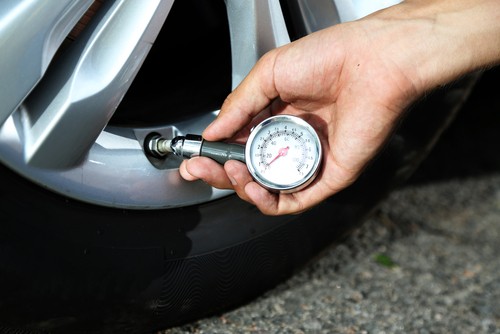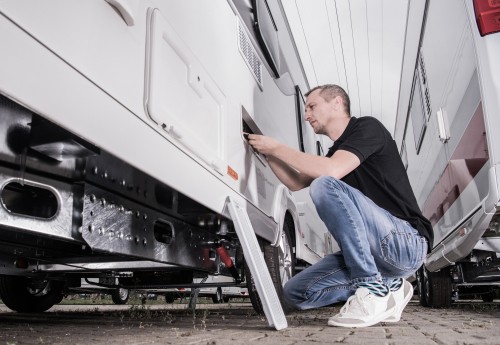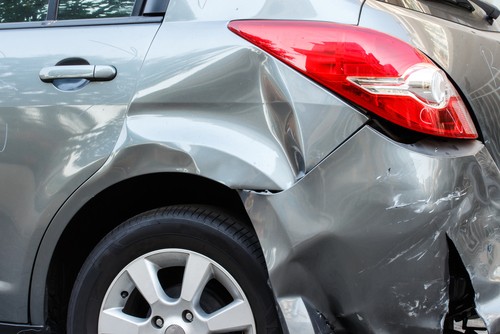
3 Preventative Maintenance Tips to Avoid Expensive RV Repair
An RV is like a traditional brick and mortar home in that it needs a good amount of upkeep and care in order to stay in good standing (or “moving” in the case of a motorhome) condition. In fact, because RVs are designed both to move and stay static, they arguably need more active preventative maintenance than both your traditional home and vehicle. Your RV can be many things… a family’s vacation cottage, office, kitchen, bedroom, primary vehicle, and so much more. So, the best way to keep that all-in-one vehicle in action is by doing the right preventative maintenance to prevent premature and expensive RV repair jobs on the road. Get started today with these key preventative maintenance tips:
- Run your generator at least once a month. Unless you’ve owned a boat with a motor or another camper with a generator, you might not be aware that gasoline only has a shelf life of about thirty days. After that time, it will break down. Running such old gasoline can actually damage a motor’s internal components. Thus, if you have a generator you plan on using with your RV, then you will want to run it for at least two hours a month to keep it primed and to clear out any bad gasoline.
- Every three months, check your roof seals and seams. Water leaks are one of the most common pitfalls RV owners have and they can occur just about anywhere there is an open seam. For example, the seams along your roof’s edges, vents, air conditioning unit, and any skylights all are prone to developing gaps through which water can enter your RV. Once it gets in things can get serious. Water intrusion can lead to mold and rot that can do serious damage to your building materials and even impact your health. Therefore, every three months, it is a good idea to either have yourself or a trained professional to inspect your roof and RV exterior walls to check for any potential issues around seals and seams. Where needed, the correct roofing sealant should be used according to the RV’s materials. When storing your RV, always try and cover the roof to further protect against water damage.
- Regularly check the lug nuts and tire pressure. Your RV wheels are critical components of your RV and require regular inspections to ensure they are safe. This means making sure lug nuts are properly tightened and that each of the RV’s tires are inflated to the recommended air pressure. Driving with loose lug nuts or overinflated/underinflated tires can be very dangerous and result in a loss of control.
Need Help with Preventative Maintenance or RV Repair? Contact Premier Coach Works
Whether you have roofing issues, need your tires rotated, or have more extensive RV repair that needs done, our team at Premier Coach Works is here for you. Contact us today if you have questions about our services or to schedule your next RV appointment.



